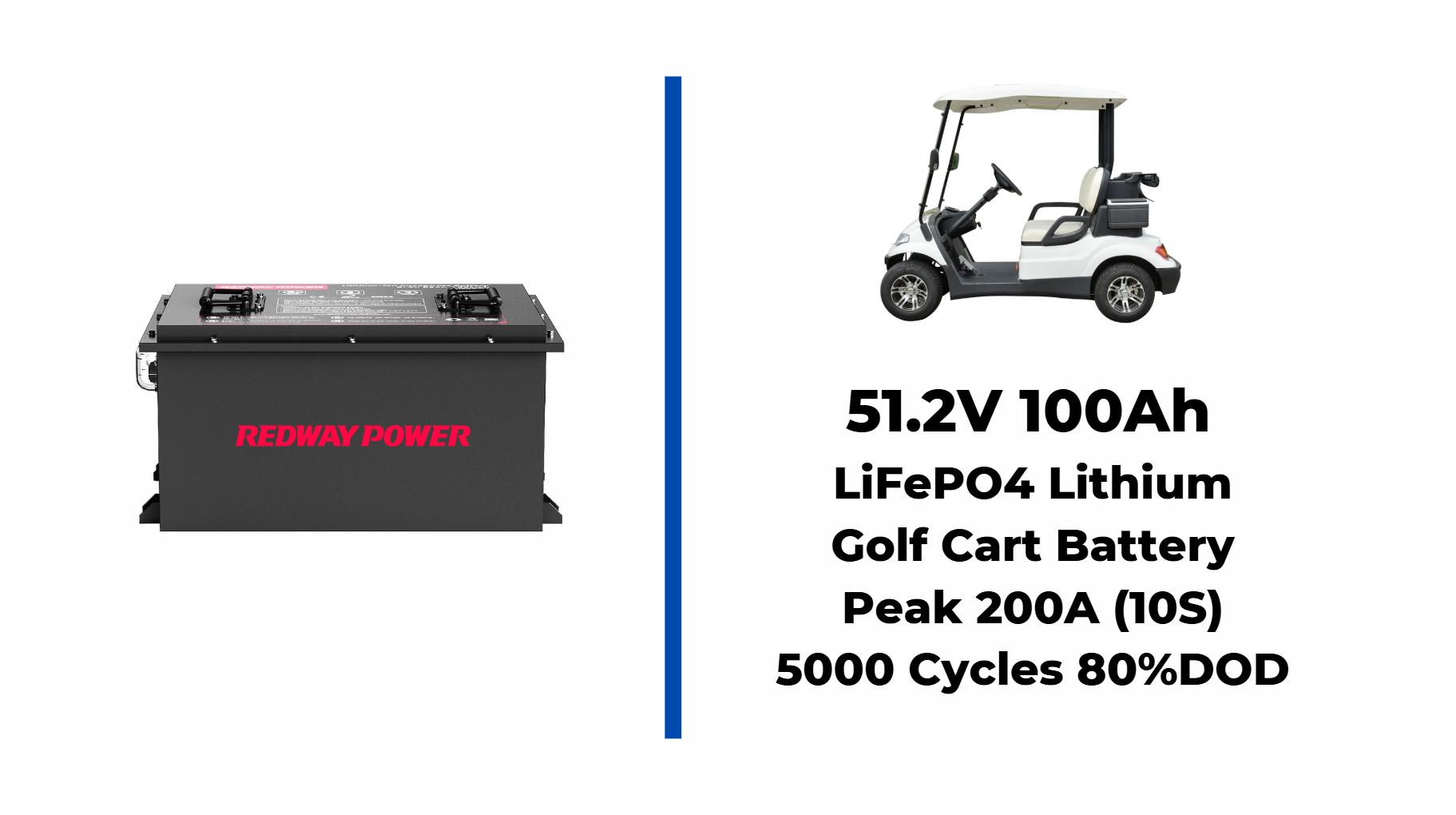
What Are the Best Practices for Golf Cart Battery Disposal?
Safely disposing of golf cart batteries is crucial for environmental protection and compliance with local regulations. This article outlines best practices for safe disposal methods for used golf cart batteries, recycling options, and the environmental impact of different battery types.
How Can You Safely Dispose of Used Golf Cart Batteries?
To safely dispose of used golf cart batteries, start by identifying a certified recycling center that accepts these batteries. Many auto parts stores and battery retailers offer drop-off services. Always wear protective gear when handling batteries, and transport them in a leak-proof container to prevent spills. Following these steps ensures you handle the battery charger for EZGO golf cart or any other model responsibly.
What Are the Recycling Options for Old Batteries?
Recycling options for old batteries include:
- Local Auto Parts Stores: Many stores like AutoZone and O’Reilly Auto Parts accept old batteries for recycling.
- Specialized Recycling Facilities: Look for facilities that specifically handle hazardous waste, as they often have programs for battery recycling.
- Community Recycling Events: Some communities host events where residents can drop off old batteries safely.
Using these options helps reduce waste and promotes environmental sustainability while ensuring that your golf cart battery charger is not disposed of improperly.
Which Guidelines Should You Follow for Disposing of Lithium-Ion Batteries?
When disposing of lithium-ion batteries, adhere to these guidelines:
- Check Local Regulations: Different regions have specific rules regarding lithium-ion battery disposal.
- Use Designated Drop-Off Locations: Many retailers and recycling centers have designated bins for lithium-ion batteries.
- Avoid Landfills: Never dispose of lithium-ion batteries in regular trash as they can be hazardous.
These practices ensure safe disposal while minimizing environmental impact.
What Is the Environmental Impact of Lead-Acid vs. Lithium Batteries?
The environmental impact varies significantly between lead-acid and lithium batteries:
- Lead-Acid Batteries: These are recyclable but can leak harmful substances if not disposed of properly. They contribute to soil and water pollution.
- Lithium Batteries: While they have a lower risk of leakage, improper disposal can still lead to fires and toxic exposure. However, they generally offer better performance and longevity compared to lead-acid batteries.
Understanding these differences helps consumers make informed decisions about their golf cart battery choices.
Where Can You Find Local Regulations on Battery Disposal?
Local regulations on battery disposal can typically be found through:
- State Environmental Agencies: They provide guidelines on hazardous waste disposal, including batteries.
- Local Government Websites: Many municipalities publish information on recycling programs and disposal regulations.
- Community Resources: Libraries or community centers often have resources or contacts for local recycling initiatives.
Familiarizing yourself with these regulations ensures compliance and promotes responsible disposal practices.
Expert Views
Proper disposal of golf cart batteries is not just a legal requirement; it’s a moral obligation towards our environment,” states Dr. Jane Doe, an environmental scientist specializing in waste management. “Adhering to recycling guidelines helps mitigate pollution and supports sustainable practices.”
FAQ Section
Q1: What should I do if my golf cart battery is leaking?
A1: Immediately neutralize the leak with a baking soda solution, wear protective gear, and transport it safely to a recycling facility.Q2: Can I recycle my old lead-acid battery?
A2: Yes, lead-acid batteries are recyclable. Many auto parts stores accept them for proper disposal.Q3: Are there any fees associated with battery disposal?
A3: Some facilities may charge a small fee for battery disposal; it’s best to check in advance.
Know more:
How to Safely Dispose of and Recycle Car Batteries
What Are the Best Practices for Golf Cart Battery Disposal?
How to Understand Car Battery Pricing and Availability
How to Monitor and Maintain Your Car Battery Health
How to Find Used Car Batteries Near You
